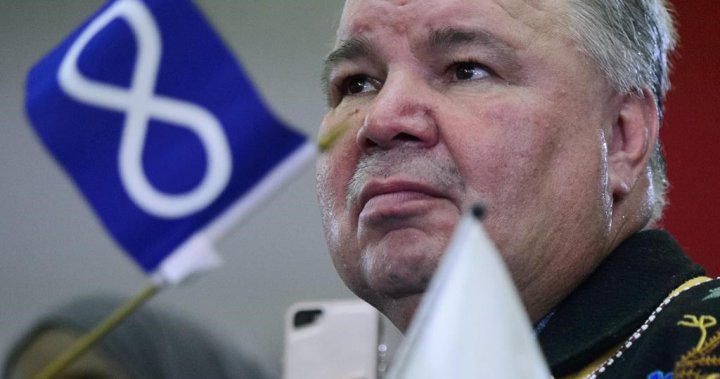The Crown has decided to stay proceedings against Manitoba Métis Federation president David Chartrand, who was issued a ticket for fishing without a licence. The incident occurred on a lake near Cranberry Portage on June 30, where Chartrand was accused of fishing outside of the areas recognized by the Manitoba government for Métis harvesting rights. Chartrand maintained his innocence from the beginning, claiming that the conservation officer was misinformed. The Manitoba government acknowledges Métis natural resource harvesting rights, which include fishing without a licence in most of southern, central, and western Manitoba, as well as a small area in the northwest. The Manitoba Métis Federation is advocating for the expansion of these areas, and the government is currently reviewing the issue. Dana Rudy, deputy minister of Economic Development, Investment, Trade, and Natural Resources, announced a decision in late June to halt enforcement against Métis harvesters in the areas being considered.
Following the incident with Chartrand, documents obtained under the freedom of information law reveal that Métis individuals were observed fishing without a licence on the Cranberry Lakes on June 30, outside of the designated Métis harvesting areas established by the province in 2012. The records, which are heavily redacted, do not mention Chartrand by name but describe the situation involving Métis individuals fishing in the unauthorized area. Assistant deputy minister Kristin Hayward relayed the incident in a note on July 2, stating that the individuals were informed by the officer that their rights were not recognized in that area and that a licence was required. Enforcement continued based on the 2012 boundaries as there was no formal agreement between Manitoba and the MMF to extend the boundary at that time. Subsequently, a draft information document on Métis harvesting for conservation officers was developed but details have been withheld under several exemptions in the freedom of information law.
The Manitoba government is facing opposition from some First Nations leaders in the push for expanded Métis harvesting rights. The MMF claims historical connections to communities in the north, but certain First Nations chiefs argue that treaty rights based on people who have inhabited the land for thousands of years take precedence. They have demanded that the province engage in consultations with First Nations before any expansion of harvesting rights. The NDP government confirmed ongoing discussions on the matter, emphasizing the importance of working with the MMF and engaging with local communities. Minister of natural resources Jamie Moses stated that conversations are underway to address the concerns raised by both Métis and First Nations groups regarding harvesting rights.
The issue of Métis harvesting rights in Manitoba remains complex and contentious, with differing perspectives from Métis, First Nations, and government officials. The Manitoba Métis Federation continues to advocate for the expansion of harvesting areas recognized by the government, while some First Nations leaders argue for the prioritization of treaty rights based on longstanding historical presence. The province is navigating these competing interests through ongoing discussions and consultations with both Métis and First Nations communities, aiming to reach a resolution that considers the rights and interests of all parties involved. The recent decision by the Crown to stay proceedings against David Chartrand underscores the complexities of enforcing harvesting regulations and highlights the need for clear agreements and collaboration between Indigenous groups and government authorities.
The freedom of information documents obtained shed light on the specific incident involving Chartrand and other Métis individuals fishing without a licence in unauthorized areas, prompting enforcement actions by conservation officers. The lack of a formal agreement between the government and the MMF on expanding harvesting boundaries has contributed to ongoing enforcement challenges and discussions around Métis rights to harvest natural resources. The redacted information on Métis harvesting guidelines for conservation officers indicates the sensitive nature of the issue and the importance of balancing legal considerations, advice to public bodies, and relationships between government entities and Indigenous groups. As the debate on Métis harvesting rights continues in Manitoba, it is essential for all stakeholders to engage in constructive dialogue and collaboration to address the complexities of Indigenous rights and resource management in the province.


